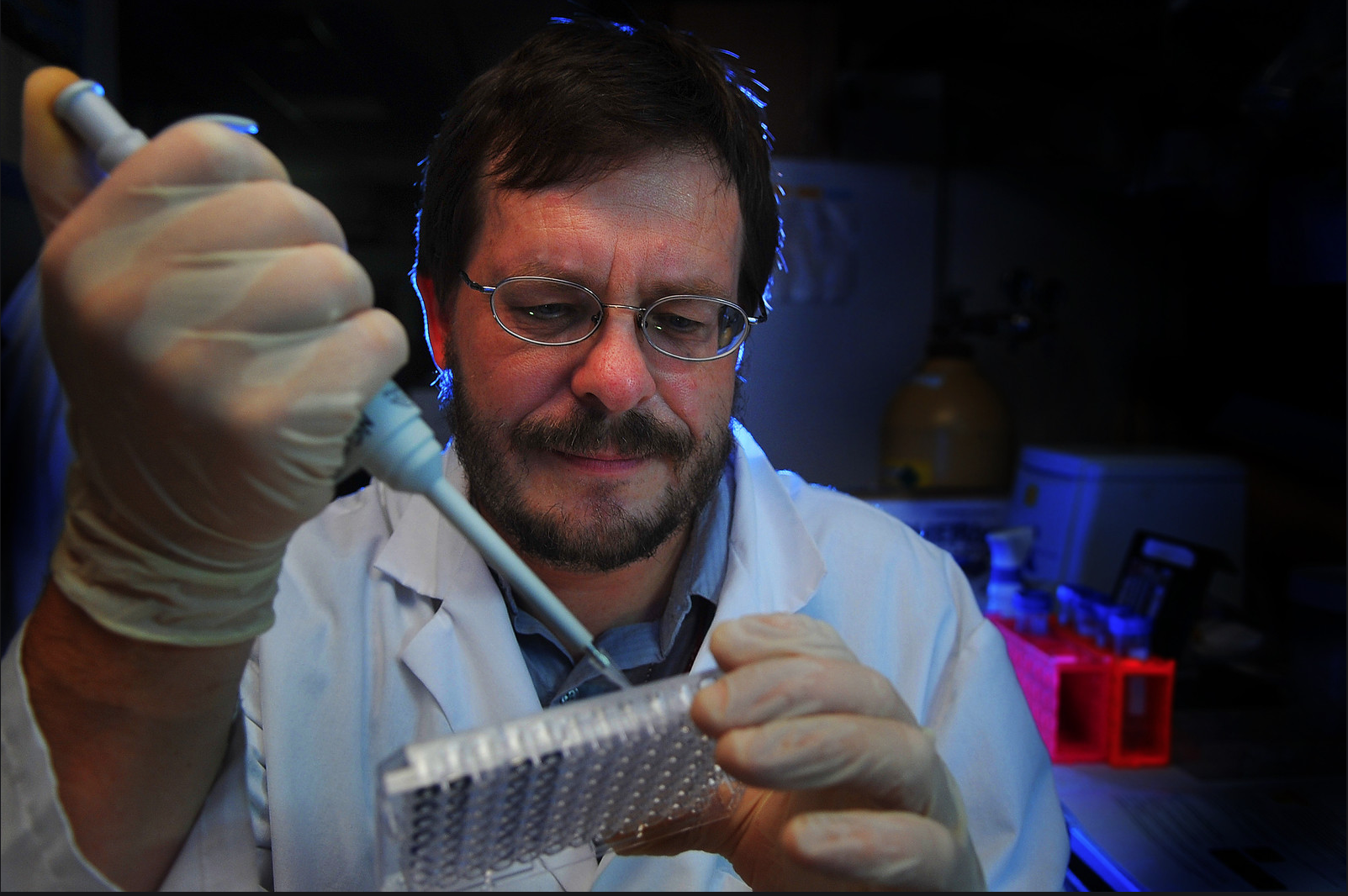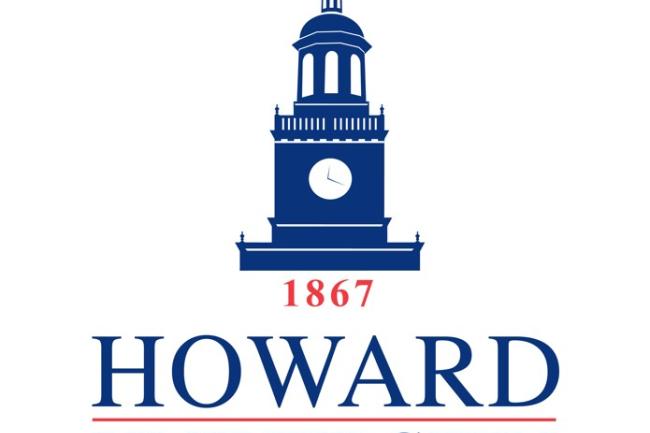
WASHINGTON (July 21, 2016) – New research grants announced this month by the federal government will significantly accelerate the search for an HIV/AIDS cure, says Dr. Sergei Nekhai, a leading HIV medical scientist at Howard University who is part of the national research team.
Last week, the National Institutes of Health (NIH) announced approximately $30 million in annual funding over the next five years for cure research through the Martin Delaney Collaboratory program. An HIV research project that Dr. Nekhai is taking part in has been funded through the collaboration.
His research role is to help identify cellular and viral proteins that are responsive to innovative drugs being developed by scientists in the collaboration. He will also help to test pharmacological properties of new drugs.
“Our research project represents a step toward an actual cure using the already successful platforms to fight the disease," Dr. Nekhai said.
Dr. Nekhai is a professor and vice chair for research at the Department of Medicine in the College of Medicine. He also serves as program director for the NIH-funded Center for Hemoglobin Research in Minorities (CHaRM), director of the RCMI Proteomics Core Facility and co-director of the Howard University Center for Sickle Cell Disease.
He will work alongside researchers from 17 different sites on the research project, called “Bench to Bed Enhanced Lymphocyte Infusions to Engineer Viral Eradication,” or “BELIEVE,” and led by Dr. Douglas Nixon, chair of the Department of Microbiology at George Washington University.
The grant award represents a significant boost to the District of Columbia Center for AIDS Research (DC CFAR), the city-wide consortium of scientists and research institutions in Washington. The consortium provides scientific leadership and institutional infrastructure for HIV/AIDS research.
The recent NIH grants are part of the second iteration of the Delaney Collaboratory. Martin Delaney was a widely respected AIDS activist and passionate advocate for HIV/AIDS cure research.
For more information, contact Sholnn Freeman, Howard University communications, via sholnn.freeman@howard.edu





